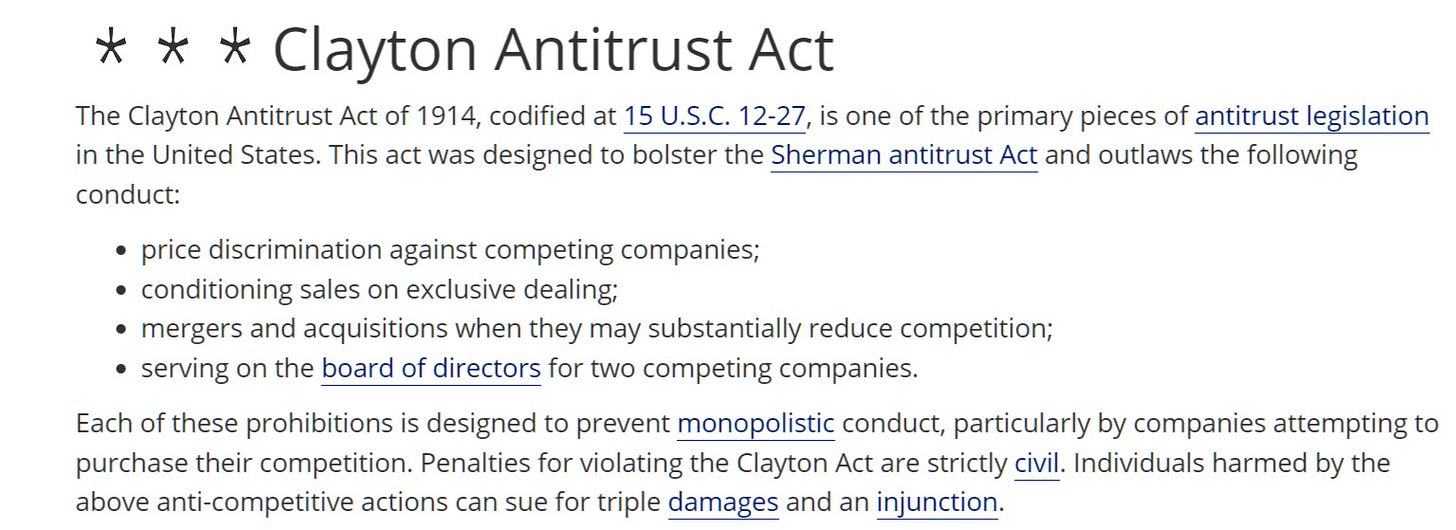The History of Trusted Computing Part 3
The Trusted Computing Group... At least they put the word Trust right up front. Illegal Trust = Arrangements among competing individuals or businesses to fix prices, divide markets, or rig bids.
The history of the Trusted Computing Group (TCG) is marred by a number of negative aspects that cannot be ignored. Firstly, the TCG was formed in 2003 as a consortium of technology companies** with the aim of developing and promoting hardware-based security technologies. However, the group's activities have been criticized for being too focused on the interests of its member companies, rather than the needs of users and consumers.
One major criticism of the TCG is that its technologies are not open and transparent, and this lack of transparency has led to concerns over the potential for abuse and misuse of these technologies. For example, the TCG's Trusted Platform Module (TPM) has been criticized for its ability to lock users out of their own devices, giving too much control to manufacturers and limiting user freedom and choice.
Another major concern is the inherent ability to Lock In customers*** due to the nature of the TCG standards and protocol. Lock In allows a TCG member company to greatly increase the switching costs for its users to adopt a rival's software. If a user has a large amount of important data stored inside a proprietary system, and the system communicates only with client software written by the proprietary system's publisher, such as anything by TCG members, it may be extremely difficult for the user to migrate his or her data into a new software system.
Additionally, the TCG's efforts to promote their technologies have been criticized for being too aggressive and for promoting fear and uncertainty among users. The group's use of the term "trusted computing" has been seen by some as a way to manipulate users into trusting their products, rather than being based on a genuine commitment to security.
Another negative aspect of the TCG's history is its controversial involvement with the US government's PRISM program, which involved the mass surveillance of internet communications. The TCG was accused of facilitating this program by providing backdoors and other access mechanisms that could be exploited by the government.
Overall, the history of the Trusted Computing Group is filled with flaws and controversies. While the group's technologies may provide some benefits in terms of security, they also fundamentally alter the relationship a computer or device owner has with their system.
The current version of remote attestation facilitates the enforcement of policies against the wishes of computer owners. If the software you use is written with that goal in mind, the trusted computing architecture will not only protect data against intruders and viruses, but also against you. In effect, you, the computer owner, are treated as an adversary
Relevant US Code as defined at https://www.law.cornell.edu/wex/







